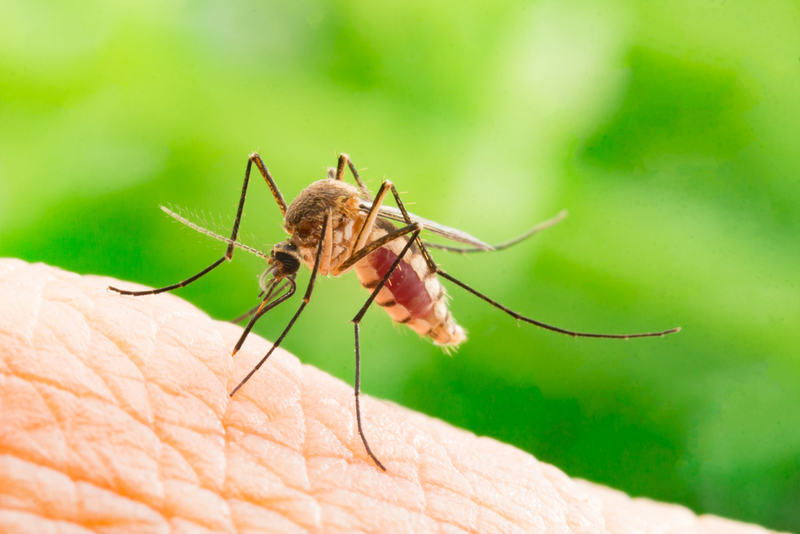Mosquito sterilisation offers new opportunity to control chikungunya, dengue, and Zika
UNI Nov 16, 2019
A technique that sterilizes male mosquitoes using radiation will soon be tested as part of global health efforts to control diseases such as chikungunya, dengue, and Zika.
 The Sterile Insect Technique (SIT) is a form of insect birth control. The process involves rearing large quantities of sterilized male mosquitoes in dedicated facilities, and then releasing them to mate with females in the wild. As they do not produce any offspring, the insect population declines over time. The Special Programme for Research and Training in Tropical Diseases (TDR) and the International Atomic Energy Agency (IAEA), in partnership with the Food and Agriculture Organization of the United Nations (FAO), and WHO have developed a guidance document for countries that have expressed interest in testing the Sterile Insect Technique (SIT) for Aedes mosquitoes.
The Sterile Insect Technique (SIT) is a form of insect birth control. The process involves rearing large quantities of sterilized male mosquitoes in dedicated facilities, and then releasing them to mate with females in the wild. As they do not produce any offspring, the insect population declines over time. The Special Programme for Research and Training in Tropical Diseases (TDR) and the International Atomic Energy Agency (IAEA), in partnership with the Food and Agriculture Organization of the United Nations (FAO), and WHO have developed a guidance document for countries that have expressed interest in testing the Sterile Insect Technique (SIT) for Aedes mosquitoes.
“Half the world’s population is now at risk of dengue,” said Dr Soumya Swaminathan, WHO Chief Scientist. “And despite our best efforts, current efforts to control it are falling short. We desperately need new approaches and this initiative is both promising and exciting.” In recent decades, the incidence of dengue has increased dramatically due to environmental changes, unregulated urbanization, transport and travel, and insufficient sustainable vector control tools and their application. Dengue outbreaks are currently occurring in several countries, notably on the Indian sub-continent. Bangladesh is facing the worst outbreak of dengue since its first recorded epidemic in 2000.
The South Asian nation has seen the number of cases rise to over 92,000 since January 2019, with daily admissions peaking at more than 1,500 new dengue patients in hospitals in recent weeks and is one of the countries to express interest in the Sterile Insect Technique. Diseases transmitted by mosquitoes such as malaria, dengue, Zika, chikungunya, and
yellow fever account for about 17 per cent of all infectious diseases globally, claiming more than 700,000 lives each year, and inflicting suffering on many more. The 2015 outbreak of Zika in Brazil was linked to an increase in the number of babies being born with microcephaly.
-
Exclusive Write-ups & Webinars by KOLs
-
Daily Quiz by specialty
-
Paid Market Research Surveys
-
Case discussions, News & Journals' summaries